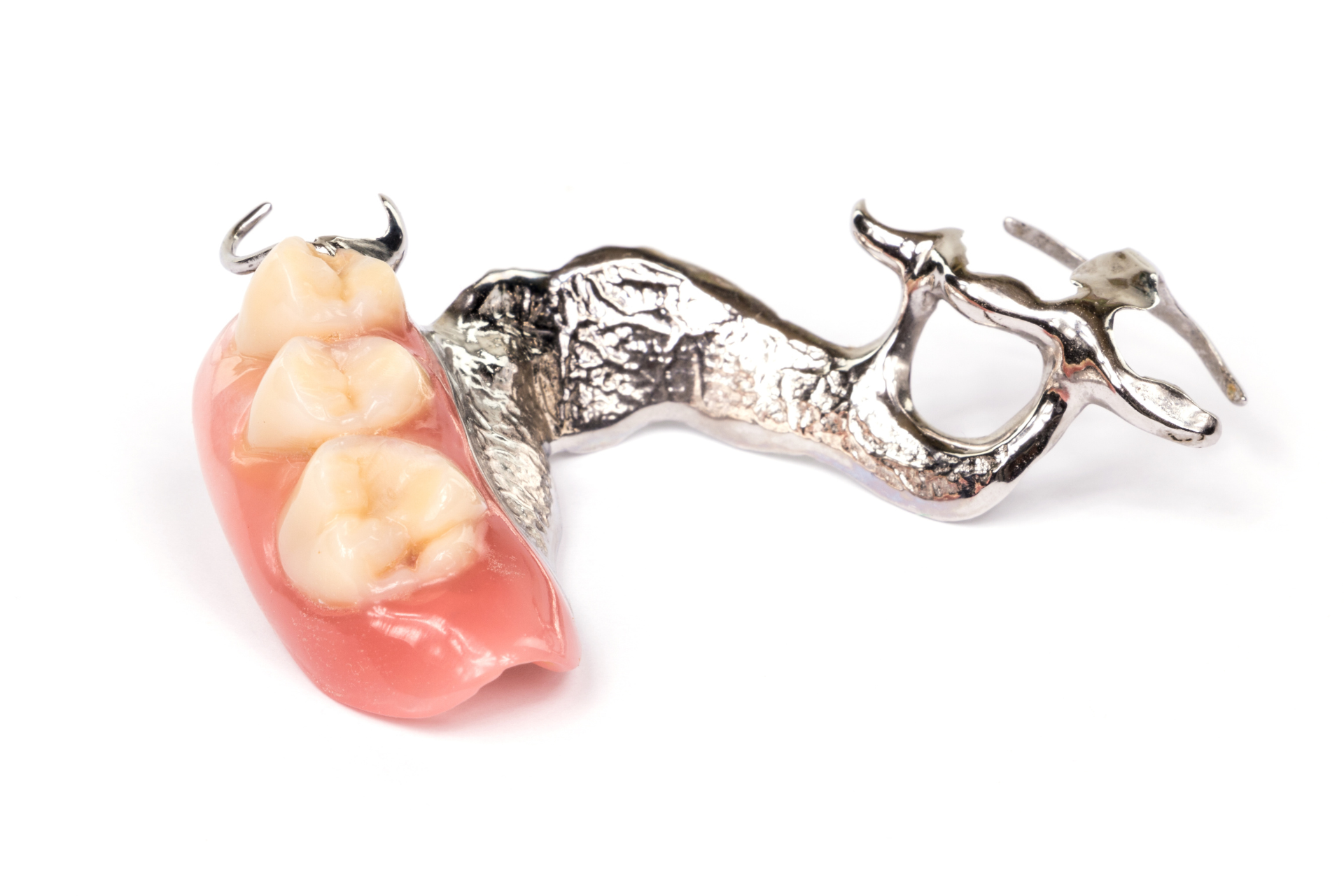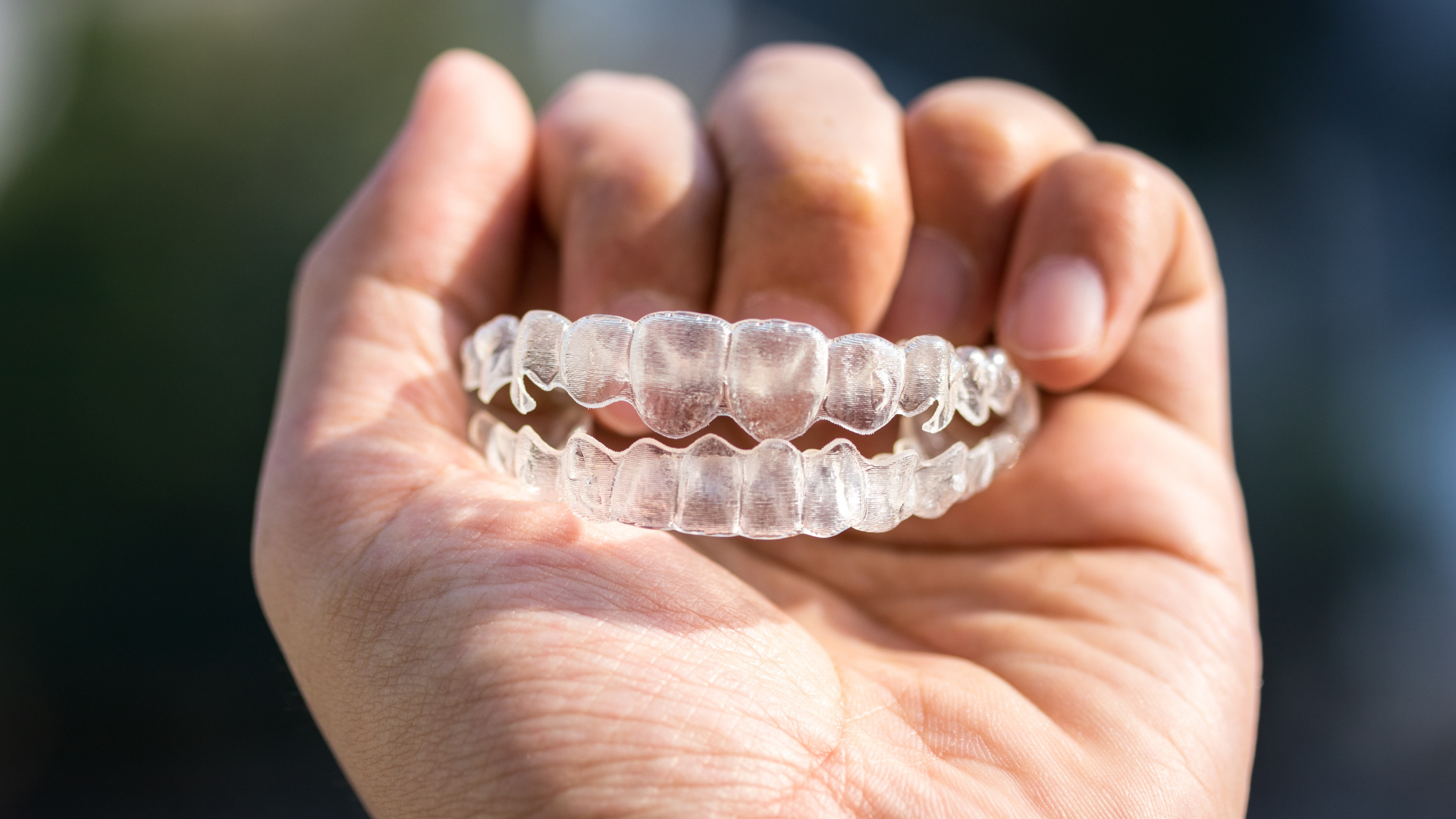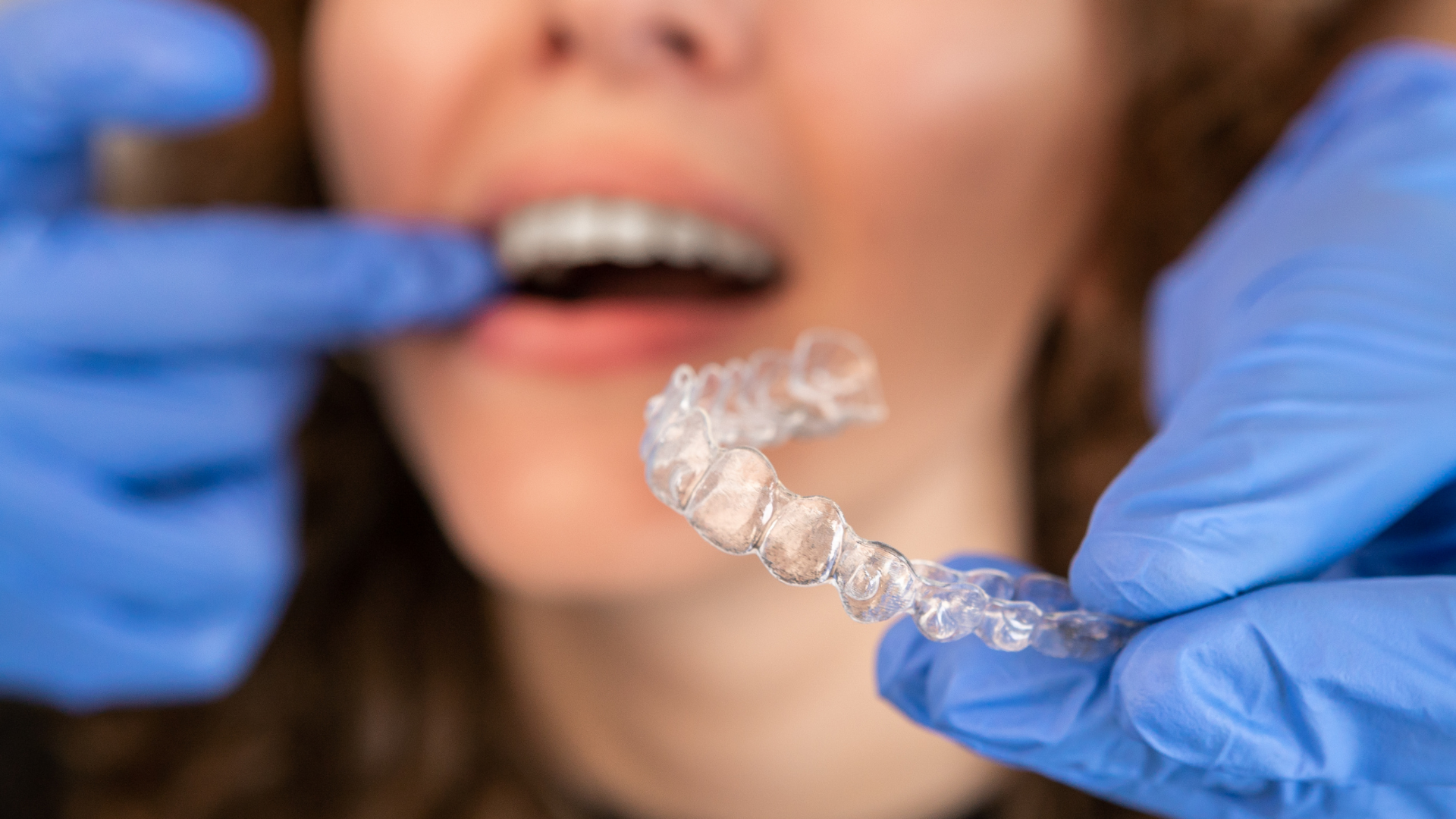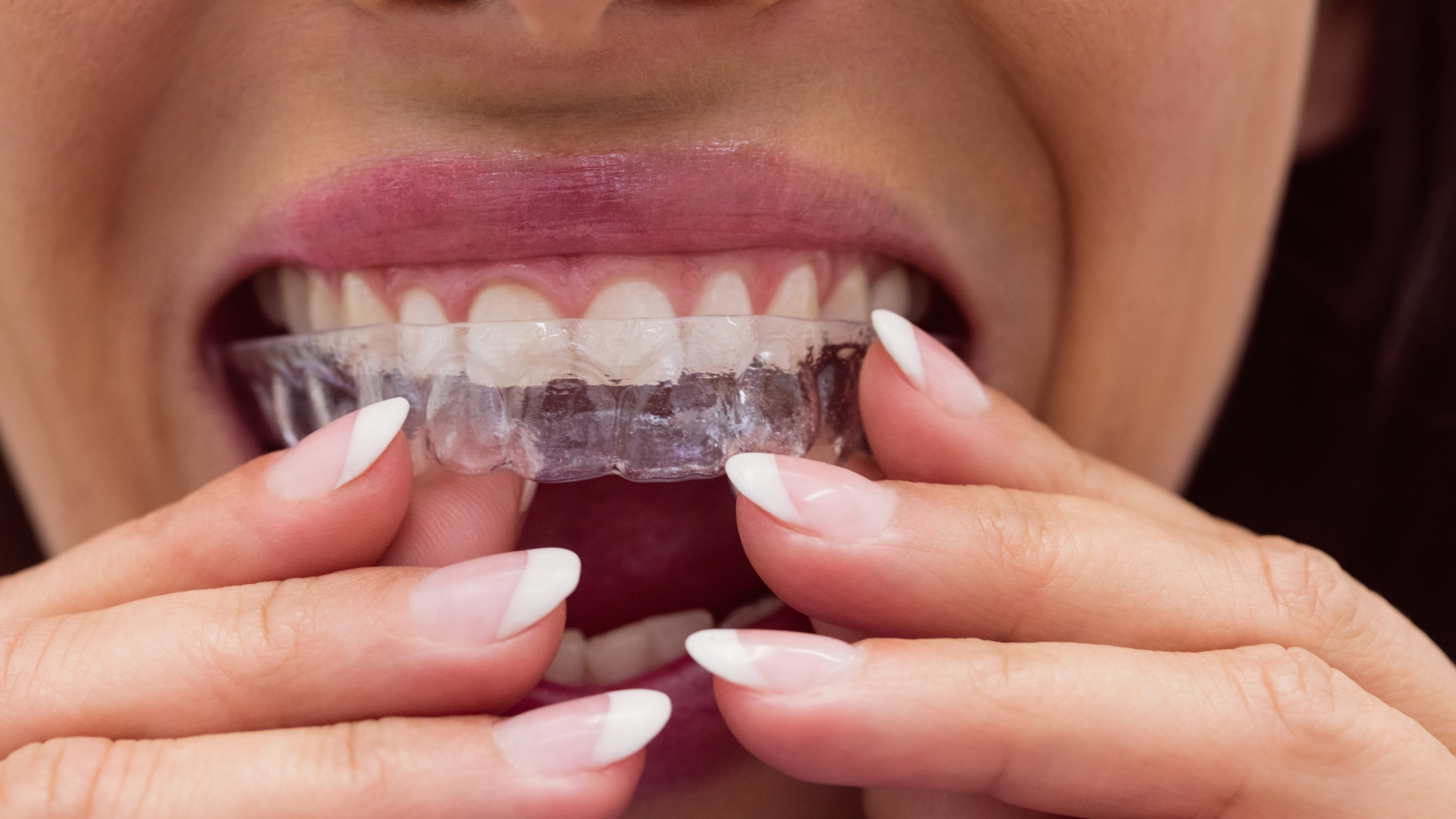Partial dentures are a common and cost-effective solution for replacing missing teeth. However, the cost of partial dentures can vary depending on several factors. In this article, we will explore the average cost of partial dentures without insurance, factors that influence the cost, and ways to save money on this dental treatment. We will also discuss alternative options to partial dentures.
Key Takeaways
- Partial dentures are a cost-effective option for replacing missing teeth without insurance.
- The material used and the complexity of the case can significantly impact the cost of partial dentures.
- Choosing the right dentist and exploring discount plans can help save money on partial dentures.
- Consider alternative options like dental bridges and implants as alternatives to partial dentures.
- Negotiating prices and seeking second opinions can help reduce the overall cost of partial dentures.
Understanding Partial Dentures
Types of Partial Dentures
Partial dentures are designed to replace missing teeth and can be made from various materials, each offering different benefits. The two main types of partial dentures are removable and fixed.
- Removable partial dentures are the most common type. They consist of replacement teeth attached to a gum-colored plastic base, which is connected by metal framework that holds the denture in place in the mouth.
- Fixed partial dentures, also known as dental bridge work, involve placing crowns on the teeth adjacent to the space and attaching artificial teeth to them. This option is more stable than removable dentures but also more invasive.
The choice between removable and fixed partial dentures will largely depend on the individual's specific dental needs, preferences, and budget. It's important to consult with a dental professional to determine the best option for your situation.
Factors Influencing Cost
The cost of partial dentures can be influenced by a variety of factors, making it difficult to predict the exact price without a dental consultation. The choice of materials used in the fabrication of the dentures plays a significant role in the overall cost. High-quality materials that mimic the look and feel of natural teeth tend to be more expensive.
- The complexity of the dental case also impacts the price. More intricate designs and custom fittings can increase the cost.
- The dentist's experience and location can affect pricing, with rates varying significantly from one region to another.
- Additional dental procedures that may be required before fitting partial dentures, such as extractions or gum treatments, will add to the total expense.
It's important to consider these factors when budgeting for partial dentures, as they can substantially alter the final cost.
Benefits and Limitations
Partial dentures offer a cost-effective solution for those missing one or several teeth, restoring functionality and aesthetics to the smile. They are less invasive than other dental procedures and can be a quicker fix to dental issues.
However, partial dentures may require adjustment periods and can be less stable than other options like dental implants. Maintenance is crucial, as improper care can lead to discomfort and potential oral health problems.
- Benefits:
- Restores chewing and speaking ability
- Improves appearance
- Non-surgical option
- Can be modified if additional teeth are lost
- Limitations:
- May feel unnatural at first
- Need for regular maintenance
- Potential for slippage or discomfort
While partial dentures are a viable option for many, it's important to consider both the benefits and limitations before making a decision. Personal comfort, lifestyle, and the health of remaining teeth will play significant roles in determining if partial dentures are the right choice.
Average Cost of Partial Dentures
Cost Range Without Insurance
The cost of partial dentures without insurance can vary widely depending on several factors. Generally, patients can expect to pay anywhere from $300 to $5,000 for a set of partial dentures. This range accounts for the different materials and customization options available.
- Acrylic partial dentures are often the most affordable, ranging from $300 to $1,000.
- Metal-based partials, which are more durable, can cost between $900 and $2,000.
- High-end partial dentures made with advanced materials like Valplast or flexible resin can reach up to $5,000.
It's important to remember that while cost is a significant factor, the cheapest option may not always be the best choice for your dental health and comfort in the long term.
Comparing Costs: Removable vs. Fixed
When considering partial dentures, patients typically choose between removable and fixed options. Removable partial dentures are generally less expensive than fixed ones, primarily due to the simpler fabrication process and materials used. They are also easier to adjust and repair, which can lead to lower long-term maintenance costs.
Fixed partial dentures, often called bridges, are anchored permanently to adjacent teeth or dental implants. The costs for fixed partial dentures are higher for several reasons:
- The materials used are typically more durable and aesthetically pleasing, such as porcelain or ceramic.
- The process of fitting and securing a fixed denture is more complex, often requiring multiple dental visits.
- Additional procedures, like crowns or implants, may be necessary to support the fixed denture.
While the initial investment in fixed partial dentures is higher, many patients find the stability and natural feel to be worth the extra cost.
Ultimately, the choice between removable and fixed partial dentures should be based on individual needs, preferences, and financial considerations. It's important to discuss all options with your dentist to understand the long-term implications of each choice.
Payment Options and Financial Assistance
Navigating the financial aspect of obtaining partial dentures without insurance can be challenging, but there are several payment options and financial assistance programs available to help manage the costs. Many dental offices offer payment plans, allowing patients to pay for their dentures in installments rather than a lump sum upfront.
- Dental credit lines are another option, which are specific credit accounts for healthcare services that often come with promotional interest rates.
- Some patients may qualify for charitable programs or grants that provide dental care assistance to those in need.
- Additionally, government programs like Medicaid may cover partial dentures, although coverage varies by state and individual circumstances.
It's essential to discuss all available payment options with your dental provider. They can guide you through the process and help identify the best financial solution for your situation. Remember, investing in your dental health is crucial, and finding an affordable way to obtain partial dentures can significantly improve your quality of life.
Factors Affecting the Cost of Partial Dentures
Material Used
The type of material used in the fabrication of partial dentures significantly influences their cost. High-quality materials such as acrylic, metal alloys, and flexible thermoplastics often come with a higher price tag but provide better durability and aesthetics.
- Acrylic partial dentures are typically the most affordable but may be less durable than other options.
- Metal alloy frameworks offer a balance between strength and comfort, often at a mid-range cost.
- Flexible thermoplastics provide a comfortable fit and a more natural appearance, which may result in a higher cost.
The choice of material not only affects the cost but also the comfort, appearance, and longevity of the partial dentures. It's essential to discuss with your dentist the best material option that fits both your needs and budget.
Complexity of the Case
The complexity of a patient's dental situation can significantly affect the cost of partial dentures. More intricate cases that require extensive preparation or customization will generally be more expensive.
- Simple cases with minimal adjustments may fall on the lower end of the cost spectrum.
- Moderate complexity involving additional fittings or adjustments can increase the price.
- High complexity cases, such as those requiring multiple extractions or the treatment of periodontal disease, will incur the highest costs.
The cost is not solely determined by the denture itself but also by the preparatory work needed to ensure a proper fit and function. This can include gum contouring, tooth extraction, or addressing underlying oral health issues.
Additional Dental Procedures Required
The overall cost of partial dentures can be significantly affected by the need for additional dental procedures. Preparatory treatments such as tooth extractions, gum disease treatment, or bone grafting may be necessary before the placement of partial dentures to ensure a proper fit and long-term success.
- Tooth extractions to remove damaged or decayed teeth that cannot support the dentures.
- Treatment for gum disease to create a healthy foundation for the new dental appliance.
- Bone grafting in cases where jawbone density is insufficient to support the dentures.
It's crucial to factor in these additional costs when budgeting for partial dentures, as they can add a substantial amount to the final price. Skipping necessary procedures can lead to complications and may compromise the effectiveness of the dentures.
Patients should discuss with their dentist the full scope of treatment required to accurately assess the total investment needed for their partial dentures. This conversation will help in understanding the complete financial picture and in planning accordingly.
How to Save Money on Partial Dentures
Choosing the Right Dentist
Selecting the right dentist is crucial for ensuring quality care and cost-effectiveness when getting partial dentures. Finding a dentist who specializes in prosthodontics or has extensive experience with dentures can lead to better outcomes and potentially lower costs.
- Research the dentist's qualifications and experience.
- Read reviews and testimonials from other patients.
- Consider the location and convenience of the dental office.
- Ask about the dentist's approach to treatment and cost transparency.
When it comes to partial dentures, the expertise of your dentist can significantly influence both the short-term and long-term costs. A skilled dentist can provide a more accurate fit, reducing the need for future adjustments or replacements.
Discount Plans and Dental Savings
Exploring discount plans and dental savings programs can be a strategic way to reduce the cost of partial dentures. Many dental practices offer in-house discount plans for patients without insurance, providing a percentage off on services for an annual fee. Additionally, third-party dental savings plans are available that work like a membership, giving you access to a network of dentists who offer reduced rates to plan members.
- Research various discount plans and compare their benefits.
- Consider the annual cost of the plan versus the potential savings on your partial dentures.
- Check for any restrictions or limitations within the plan that might affect your treatment.
It's essential to read the fine print and understand the terms of any discount plan or savings program before enrolling. This ensures that you are truly saving money and not encountering unexpected costs later on. For many patients, these plans can offer significant savings, especially for those needing multiple dental procedures.
Remember, while discount plans can lower the initial cost, they do not always cover the entirety of the procedure, so it's important to budget accordingly.
Negotiating Prices and Seeking Second Opinions
When considering partial dentures, it's wise to remember that prices can often be negotiated with your dentist. Don't hesitate to discuss payment options and ask if there are any discounts available for upfront payments or for patients without insurance.
- Shop around and get quotes from different dental practices.
- Compare the cost and services offered by each dentist.
- Don't be afraid to negotiate the price, especially if you have a lower quote from another dentist.
Remember, the first quote you receive is not always the final price. Seeking second opinions can provide leverage for negotiation and may lead to more affordable options.
Finally, while cost is an important factor, ensure that the quality of care and materials is not compromised in the pursuit of a lower price. Finding a balance between cost and quality is key to long-term satisfaction with your partial dentures.
Alternatives to Partial Dentures
Dental Bridges
Dental bridges are a common alternative to partial dentures and involve creating a bridge to fill the gap created by one or more missing teeth. The bridge is anchored onto the adjacent teeth after preparing them as crowns, which serve as supports for the prosthetic teeth in between.
- Bridges can be made from a variety of materials, including porcelain, ceramics, or metal alloys.
- They are typically more stable than removable partial dentures and can offer a more natural look and feel.
- The process of getting a dental bridge is usually more invasive than that for partial dentures, as it involves altering the adjacent teeth.
Dental bridges are a fixed solution, which means they are non-removable and cemented directly to the existing teeth or implants. This permanence can be both an advantage and a disadvantage, depending on the patient's needs and preferences.
Dental Implants
Dental implants offer a permanent solution to tooth loss and are considered a more durable alternative to partial dentures. Unlike dentures that are removable, implants are surgically anchored into the jawbone, providing a stable foundation for artificial teeth.
The cost of dental implants can be significantly higher than partial dentures, but they also offer advantages such as improved comfort, better oral health, and a natural appearance. The process of getting implants involves several steps:
- Initial consultation and dental exam
- Bone grafting if necessary
- Placement of the implant post
- Healing period for osseointegration
- Attachment of the abutment and artificial tooth
While the upfront cost may be daunting, dental implants can be a worthwhile investment in the long run. They typically last much longer than dentures and can prevent bone loss in the jaw, preserving facial structure.
Patients should consider the long-term benefits and potential savings on future dental work when comparing the costs of dental implants to other tooth replacement options.
Pros and Cons of Alternatives
When considering alternatives to partial dentures, it's essential to weigh their advantages and disadvantages carefully. Dental bridges are a popular choice and offer a fixed solution that can be more stable than removable dentures. However, they often require the alteration of adjacent healthy teeth to serve as supports.
Dental implants are another alternative, providing a permanent and natural-looking option. They boast a high success rate and can help preserve jawbone density. On the downside, implants are typically the most expensive option and require a surgical procedure, which may not be suitable for all patients.
- Pros of Dental Bridges:
- Fixed, stable solution
- Can be more aesthetically pleasing
- Less maintenance than removable dentures
- Cons of Dental Bridges:
- May require alteration of adjacent teeth
- Can be more expensive than partial dentures
- Not easily adjusted once placed
- Pros of Dental Implants:
- Permanent solution
- Natural appearance
- Prevents bone loss
- Cons of Dental Implants:
- Higher initial cost
- Involves surgery
- Longer treatment time
It's crucial to discuss all options with a dental professional who can provide personalized advice based on your oral health and financial considerations. Each alternative has its unique set of benefits and drawbacks, and the right choice will depend on individual needs and circumstances.











